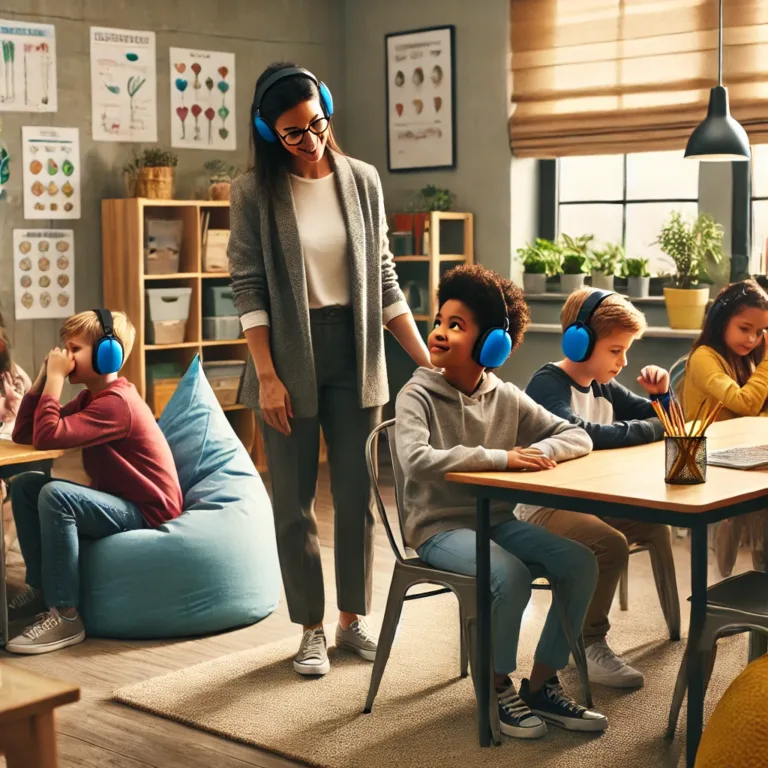No products in the cart.

Unleashing Potential: Neurodivergence as a Strength in the Workplace
For many neurodivergent individuals, the professional world can feel like an environment built for someone else. From standard job interviews to rigid work routines, many aspects of the workplace are not designed with neurodiversity in mind. Yet neurodivergence is not a barrier to success. In fact, it can be a tremendous asset.
Whether it is hyperfocus, pattern recognition, creative problem-solving, or authenticity in communication, neurodivergent professionals bring a wealth of unique strengths to their roles. When those strengths are recognized and supported, both employees and employers benefit.
Rethinking Workplace Norms
Traditional work expectations often favor neurotypical behavior: consistent eye contact, seamless multitasking, uninterrupted attention during long meetings, and the ability to quickly adapt to shifting demands. For neurodivergent employees, some of these expectations may be challenging, but that does not mean they lack value. It simply means the workplace should evolve to better support different ways of thinking and working.
Creating neuroinclusive workplaces is not just the ethical thing to do. It is also good business. Research shows that diverse teams, including neurodiverse ones, are more innovative and resilient.
Turning Neurodivergence into a Professional Strength
- Know and Own Your Strengths
Many neurodivergent professionals excel in areas like detail orientation, systems thinking, creative ideation, or long-term focus on specialized tasks. Reflecting on what you do well helps you find roles that align with your natural abilities. - Create a Work Environment That Works for You
Whether remote or in-person, consider what settings help you focus. This could include noise-reducing headphones, flexible hours, written over verbal communication, or task lists broken into manageable steps. - Ask for Reasonable Accommodations
Under disability laws in many countries, employees are entitled to accommodations such as modified schedules, alternate communication methods, or assistive technology. These are not favors. They are tools to ensure equal access and performance. - Leverage Routine and Structure
Many neurodivergent people thrive on consistency. Establishing clear workflows, using time-blocking techniques, or relying on digital reminders can improve productivity and reduce stress. - Build Supportive Relationships
Finding mentors, colleagues, or managers who understand neurodivergence can help reduce isolation and open the door to growth opportunities. Honest, respectful communication builds trust and understanding. - Manage Energy, Not Just Time
Sensory sensitivity, social interactions, or task-switching can be draining. Learning how to recharge effectively, whether through breaks, quiet time, or movement, is just as important as meeting deadlines.
What Employers Can Do
Employers play a critical role in creating neuroinclusive workplaces. This includes:
- Offering flexible work arrangements
- Training managers to recognize and support neurodivergence
- Redesigning hiring practices to reduce bias
- Creating feedback systems that prioritize clarity over interpretation
- Encouraging employee-led resource groups and mentorship programs
A neuroinclusive workplace is not one that simply tolerates difference. It is one that actively values and integrates diverse perspectives, fostering innovation and psychological safety.
Changing the Narrative
The outdated view of neurodivergence as a limitation is giving way to a more accurate and empowering story. One where differences in brain function are seen as part of the rich fabric of human potential.
With greater awareness, advocacy, and adaptability, neurodivergent professionals can transform their differences into their greatest strengths. And when companies embrace that truth, everyone wins.
Sources:
- Harvard Business Review. (2022). Neurodiversity as a Competitive Advantage
- National Autism Indicators Report. (2023). Employment Outcomes for Neurodivergent Adults
- Neurodiversity in the Workplace Initiative. (n.d.). Best Practices for Inclusive Employment



